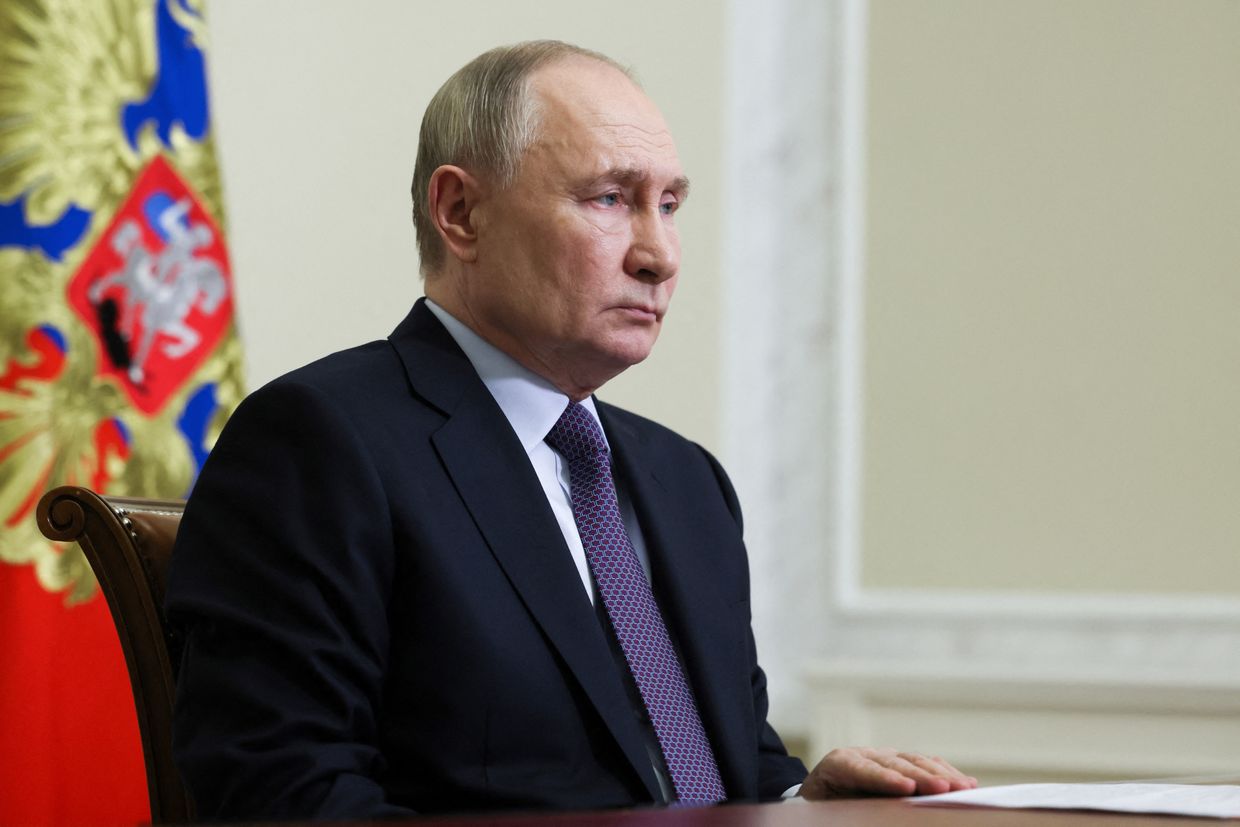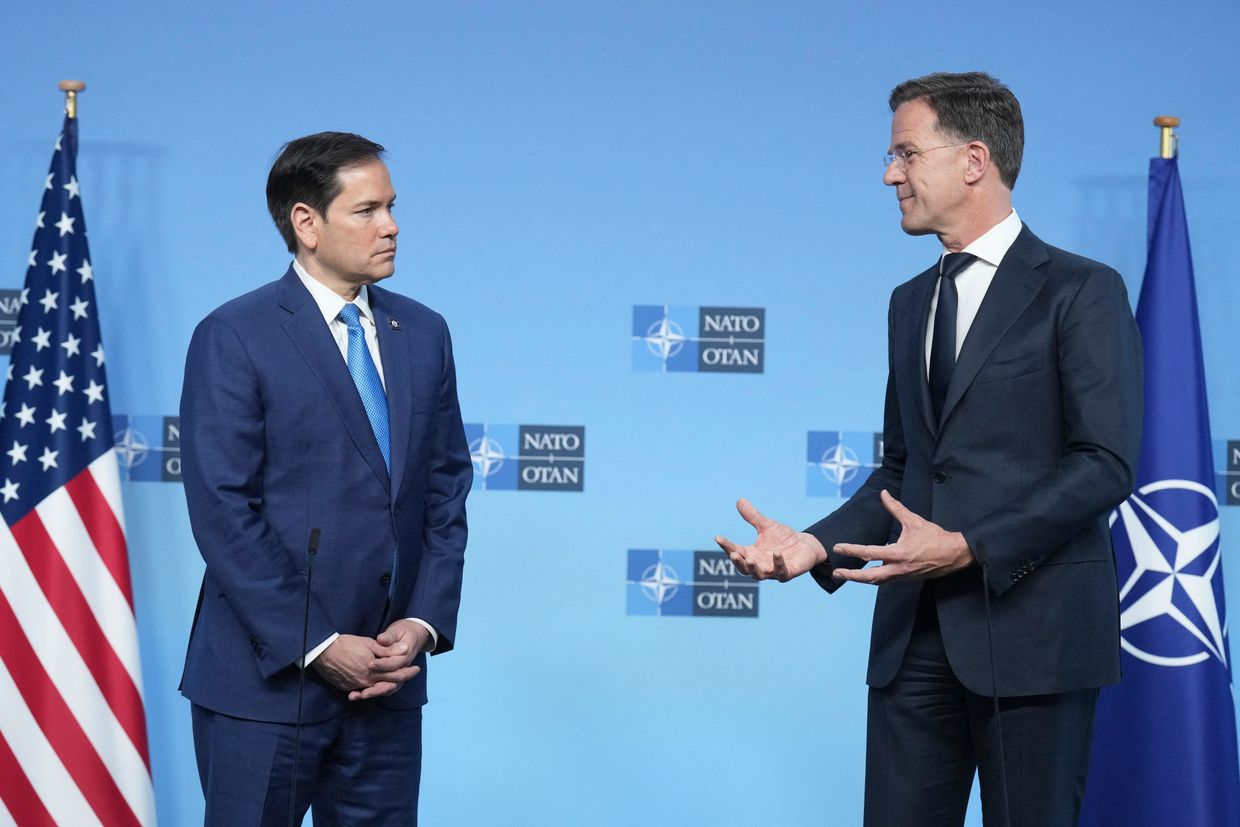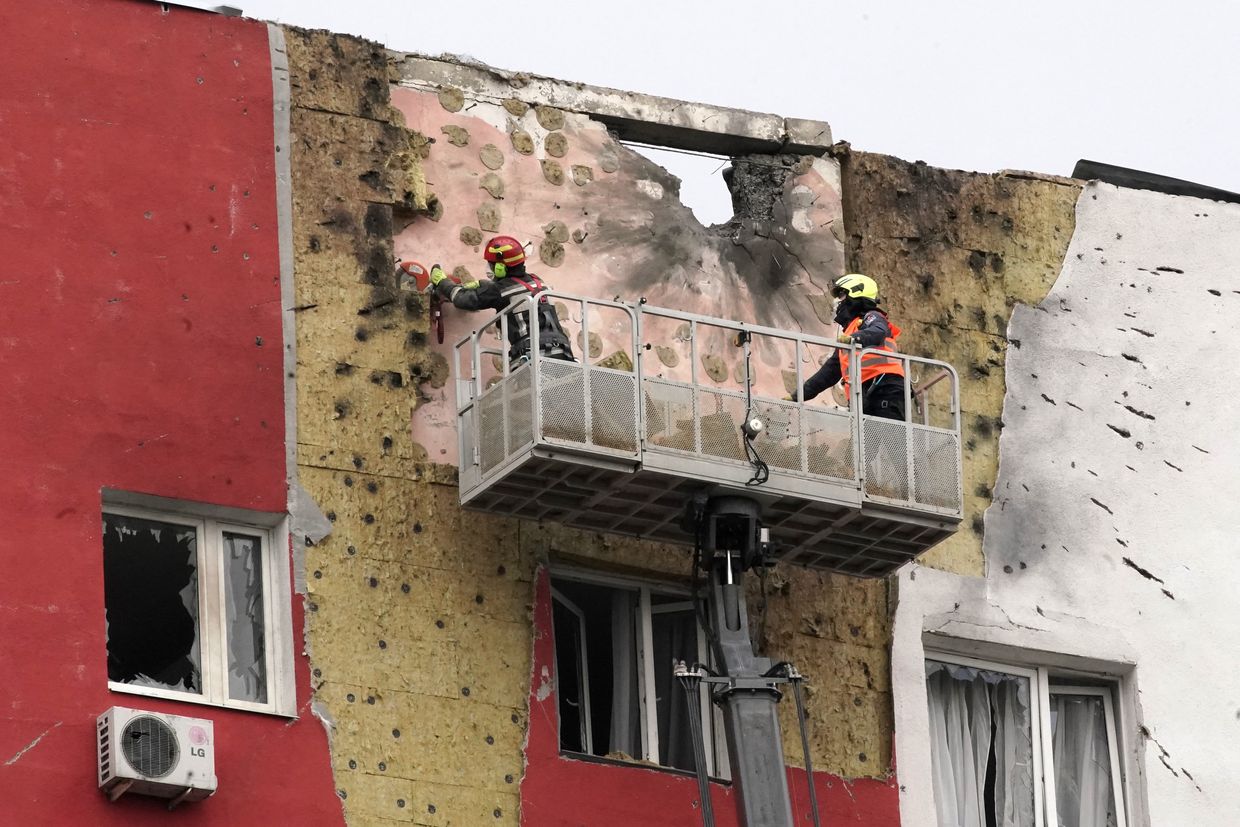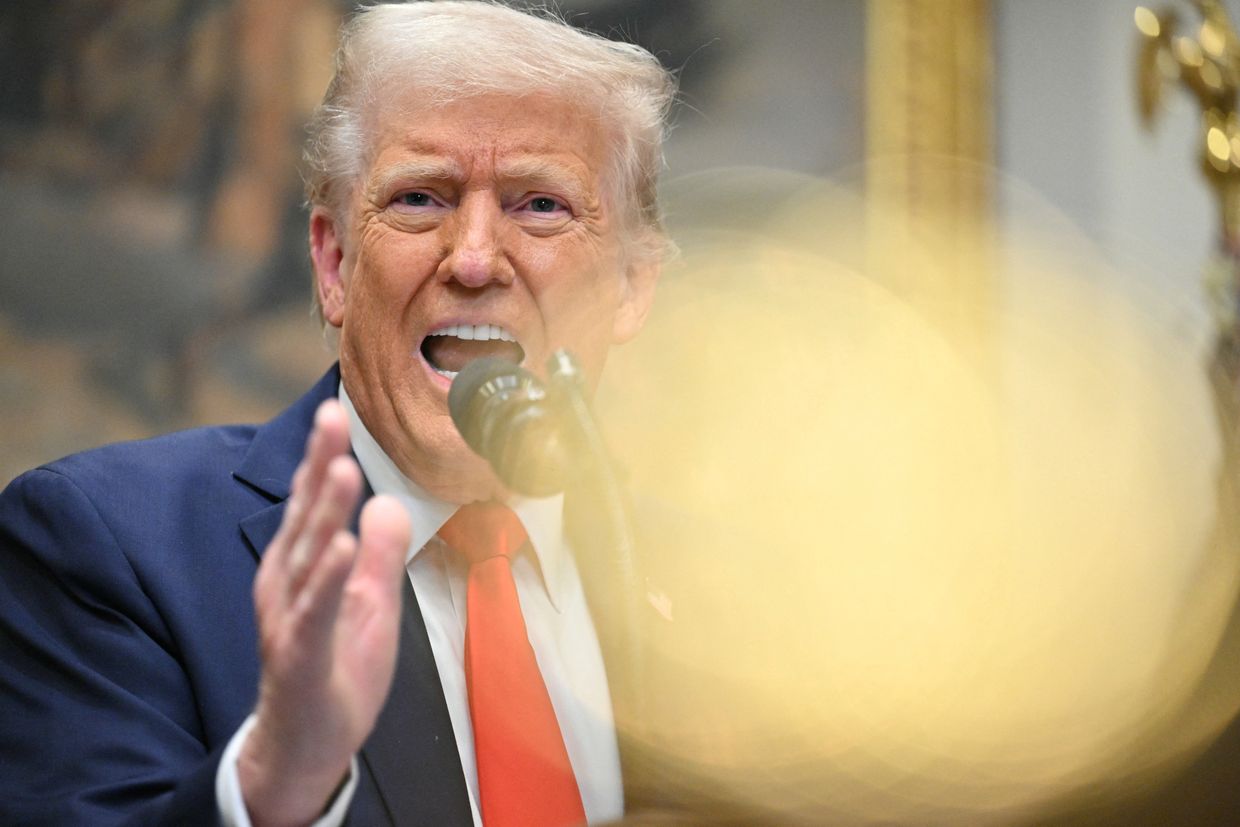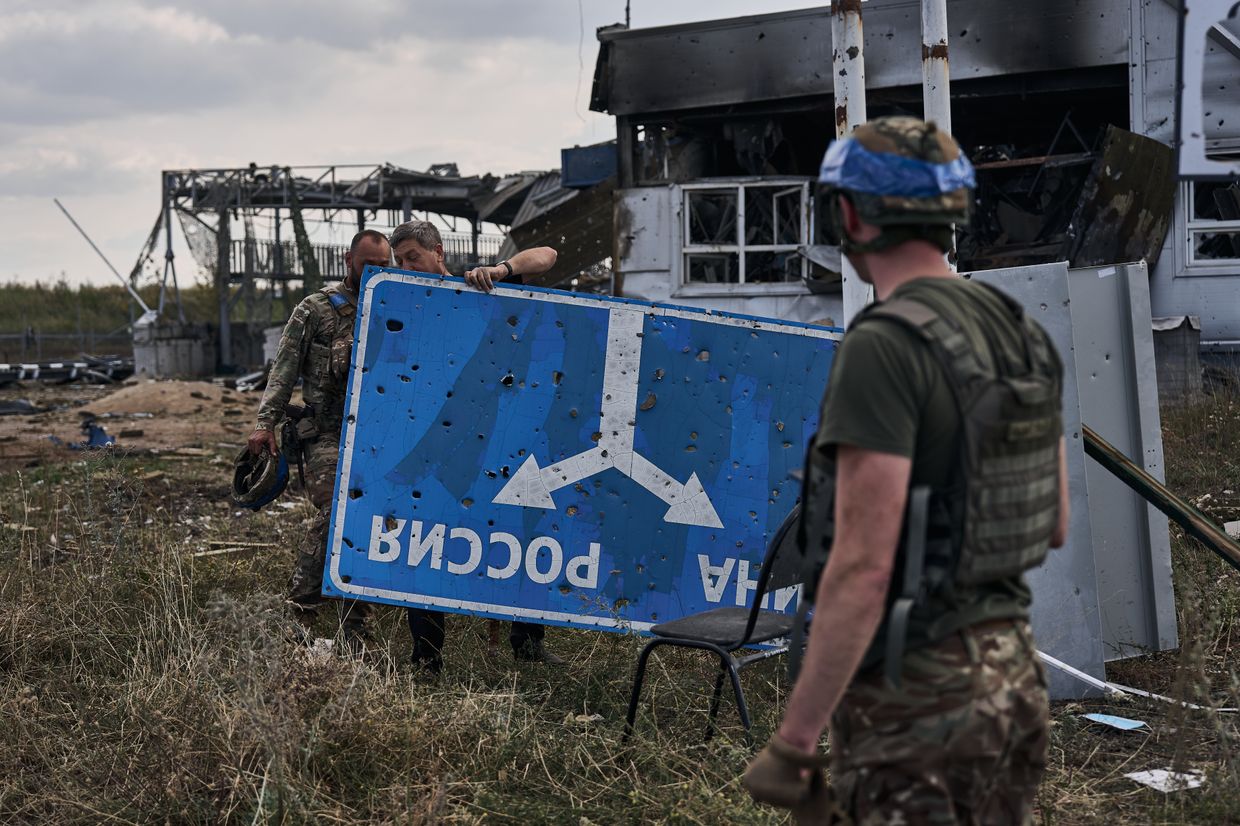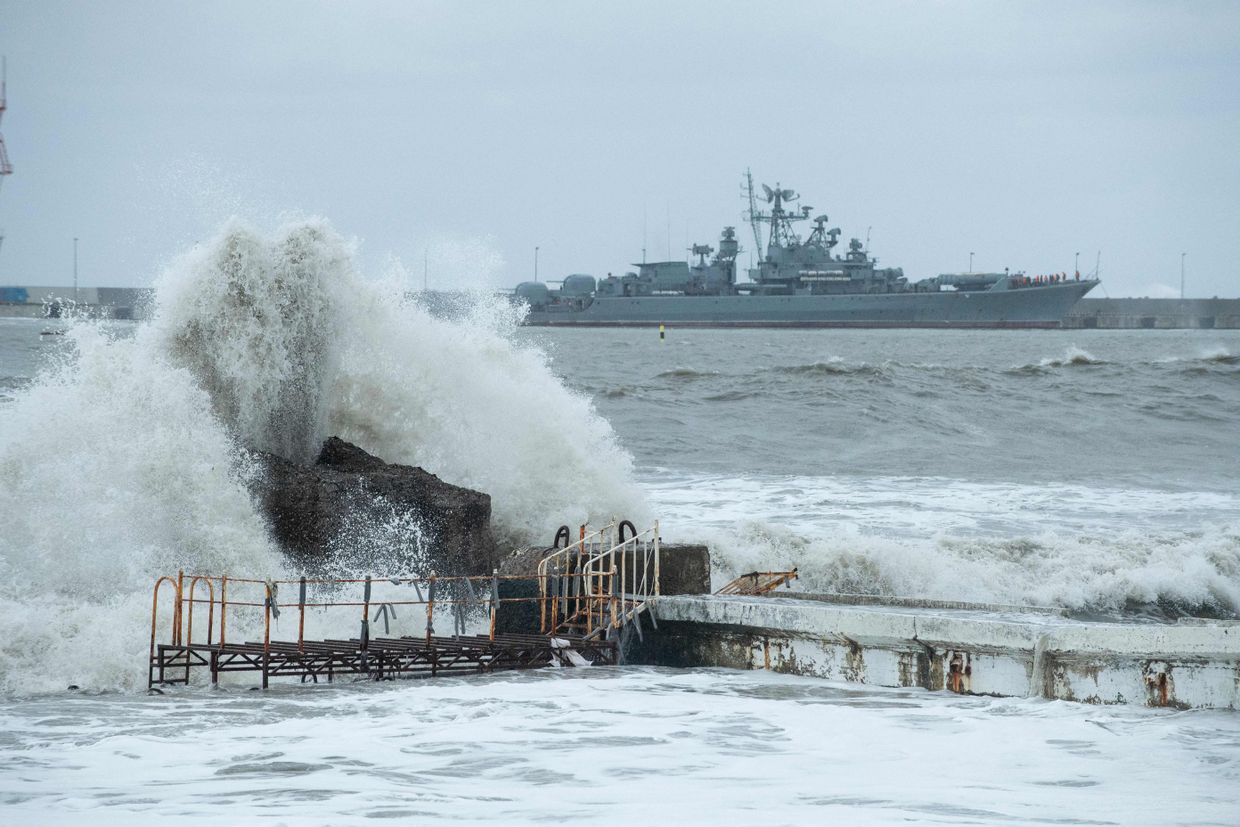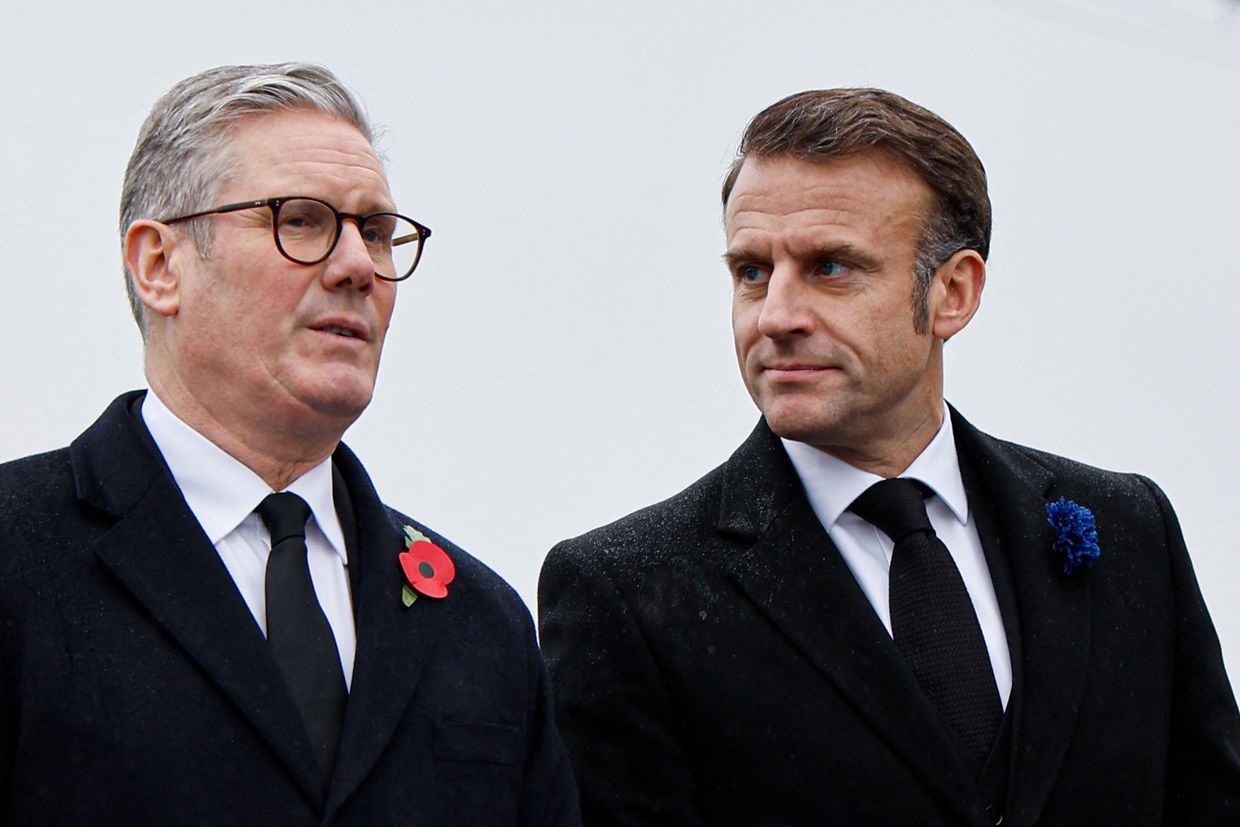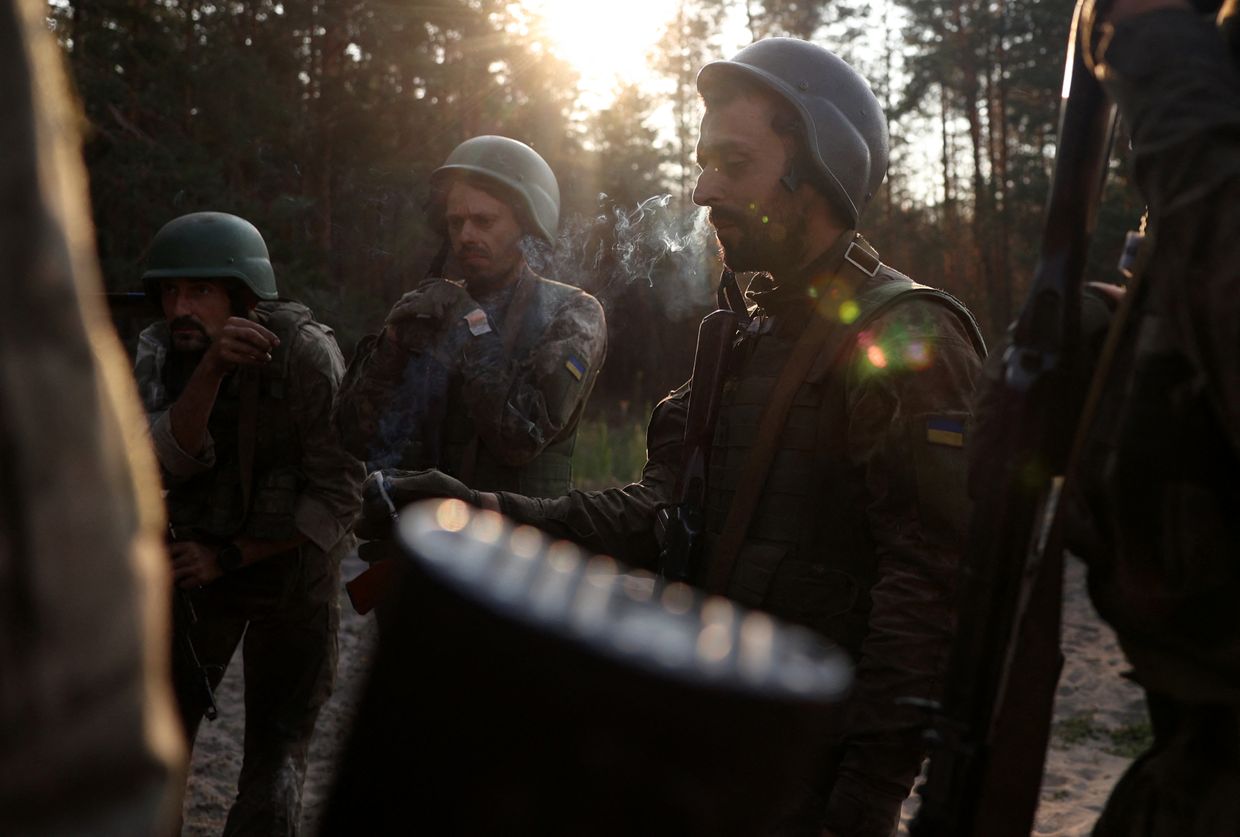U.S. President Donald Trump has made clear he supports NATO, and the U.S. remains an active member of the alliance, Secretary of State Marco Rubio said on April 3 as NATO foreign ministers gather in Brussels.
"As we speak right now, the United States is as active in NATO as it has ever been," Rubio said at a press briefing alongside NATO Secretary General Mark Rutte.
Trump has been a long-time critic of the U.S.'s NATO partners and said he would not defend those that fail to meet defense spending targets, directly challenging the alliance's principle of collective defense.
The U.S. president has accused European countries of failing to contribute their fair share to the alliance's defense needs, and his administration has signaled that its strategic focus is shifting from Europe to the Indo-Pacific region.
The new administration has also repeatedly pushed for the annexation of Greenland from Denmark, a fellow NATO member.
"Some of this hysteria and hyperbole that I see in the global media, and some domestic media in the United States, about NATO is unwarranted," Rubio said.
Republican lawmakers Mike Lee and Thomas Massi, representing a hardline wing of the party, as well as Trump's close ally Elon Musk have publicly advocated for the U.S. to leave the alliance.
"President Trump has made clear he supports NATO. We're going to remain in NATO," Rubio continued, while stressing the need for each member to commit more resources and achieve the goal of 5% of GDP in defense spending.
NATO members have significantly increased their defense spending since Russia launched its full-scale war against Ukraine in 2022, with countries like Poland and the Baltic nations aiming to reach the 5% target in the coming years.
"We want NATO to be more viable. And the only way NATO can get stronger and more viable is if our partners, the nation states that comprise this important alliance, have more capability," the U.S. top diplomat noted.
Rubio named Russia's all-out war against Ukraine as a reminder that "hard power is still necessary as a deterrent."
In doorstep comments ahead of the conference, Rutte warned that Russia would remain a threat to the alliance "for many years to come" even if a peace deal in Ukraine is reached.
The Trump administration has sought to broker a swift peace deal between Kyiv and Moscow, though the White House reportedly grows increasingly frustrated with the stalled progress and positions of both parties.
